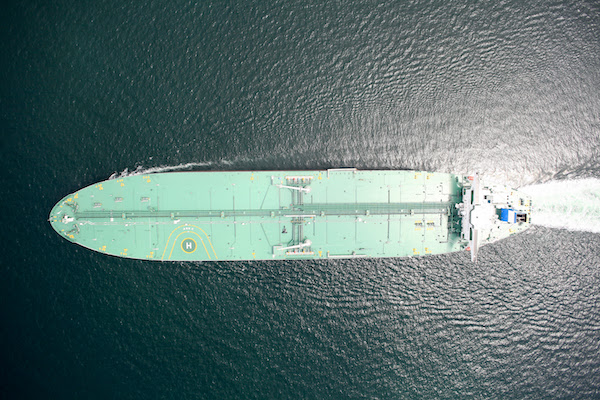The shipping unit of Indonesia’s state energy firm Pertamina plans to double its fleet of 320 tankers in the next 10 years, the unit’s CEO Yoki Firnandi told the Gastech conference in Houston on Thursday.
The expansion, aimed at reducing the average age of the company’s fleet, is set to include investment in vessels to transport liquefied natural gas (LNG).
Indonesia is a major producer and exporter of LNG. It exported some 16 million metric tons last year or about 5% of the world’s total LNG exports.
In 2021, PIS signed an agreement for a strategic partnership with Japan’s shipping company Nippon Yusen Kaisha with potential collaboration for LNG logistics business.
Last year, PIS secured a $185 million syndicated loan to fund investment in its fleet and infrastructure.
The U.S. alone is set to require an additional 400 vessels to carry LNG from its export terminals, currently under expansion, to foreign buyers, Emily McClain, vice president of North America gas markets at research company Rystad Energy, told the Gastech conference this week.
DECARBONIZING
Pertamina International Shipping (PIS) is also trying to use cleaner fuels for its tankers and follow more efficient practices for ship hull cleaning and propulsion, Firnandi said.
The bulk of further reductions in shipping industry emissions is largely expected to come from use of alternative fuels, he added.
It remained unclear which alternative fuel shippers should bet on. New vessels have multi-decade life-spans and companies are cautious of committing to one greener fuel over another.
“The dilemma for us is which alternative fuel, and you can only choose some options, whether biofuel, methanol or hydrogen and ammonia,” Firnandi said, also citing future availability as an issue as other sectors look to the same greener fuel options to decarbonize.
Some companies have bet on methanol, and on dual-fueled vessels, which can run on traditional bunkering fuel, very low-sulphur fuel oil, and methanol, with more than 300 of those vessels currently in the order book, said Meg Gentle, executive director of the board at alternative fuels company, HIF Global.
Major bunkering hub, Singapore now has more capacity for bunkering methanol than for bunkering LNG, Gentle said.
But the path to net zero has been complicated by a lack of cohesive global shipping regulations, executives said.
“There will be a lot of homework to do,” Firnandi said referring to decarbonization shipping, and citing the need for global collaboration following the IMO 2020 regulation that changed the world’s standards for maritime fuel.
“We see a lot of misalignment in terms of regulation for decarbonization,” Firnandi said.
HIF Global carried out multiple analyses of their green hydrogen Texas facility to ensure the fuel produced also complied with requirements of the European Union, the International Maritime Organizations, Californian regulations and other industry-recognized standards.
“Across the industry, we have to move to a system that creates liquidity in the market for imports, exports, trade across all of the regions, and moves away from this very localized regulation,” Gentle said.
Source: Reuters (Reporting by Marianna Parraga and Georgina McCartney; Editing by Marguerita Choy and David Gregorio)






